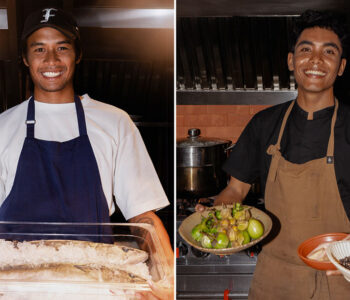Behind all the beauties of Bali, a sad-tale of a dog’s life is looming. Without a doubt stray dogs are quite evident on this island. Bali dogs are by nature free roaming animals that have wandered on the island for thousands of years. Facts show that around 90% of the population of dogs in Bali actually has somewhere to which they belong to. However, it is not the same as the kind of belongingness of a pet to an owner in the Western sense. That is, dogs may be present in that place but the people living there are not their owners.
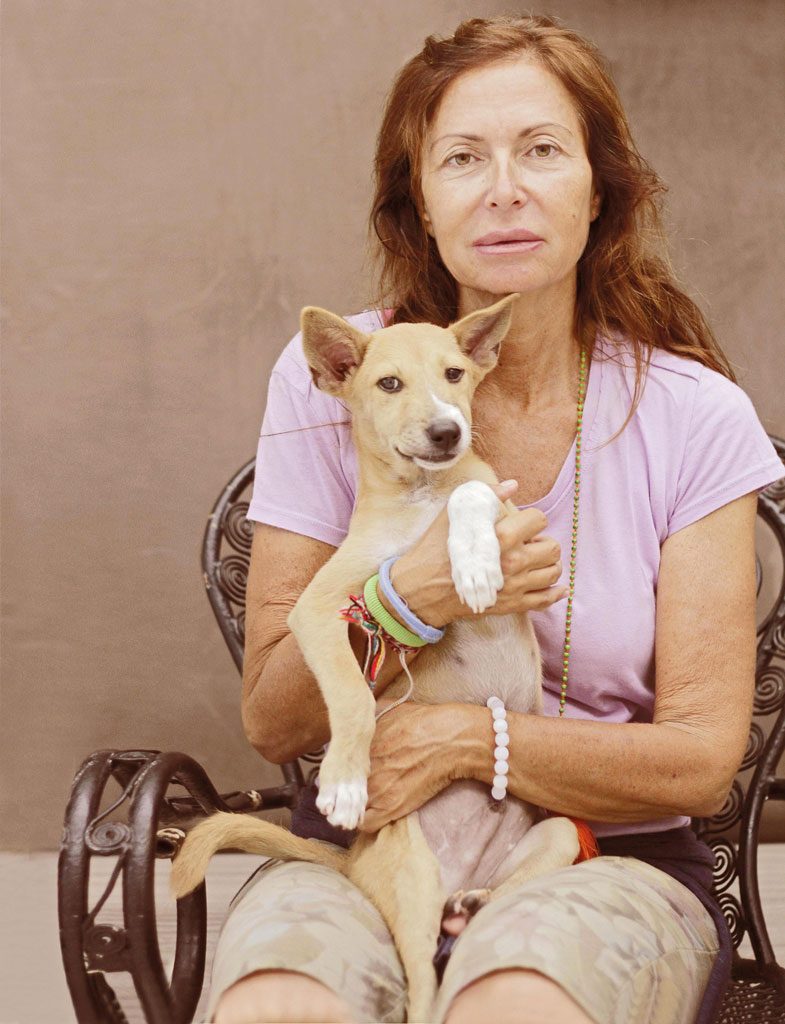
Before rabies came, Bali had one of the highest populations of dogs in the world. There were somewhere around 800,000 dogs before the rabies outbreak. In 2008, Bali experienced an outbreak of rabies which has since caused a large number of human fatalities. The Bali dogs’ population is not the only problem, but the escalation of rabies-related deaths as well. Rabies problems coupled with myths that Bali street dogs are rabid, aggressive and feral, the government saw it as a threat in their tourism industry because no tourist would visit a rabies-infested environment. If this problem continues, Bali might lose an estimate of 60-70% in the economy sector.
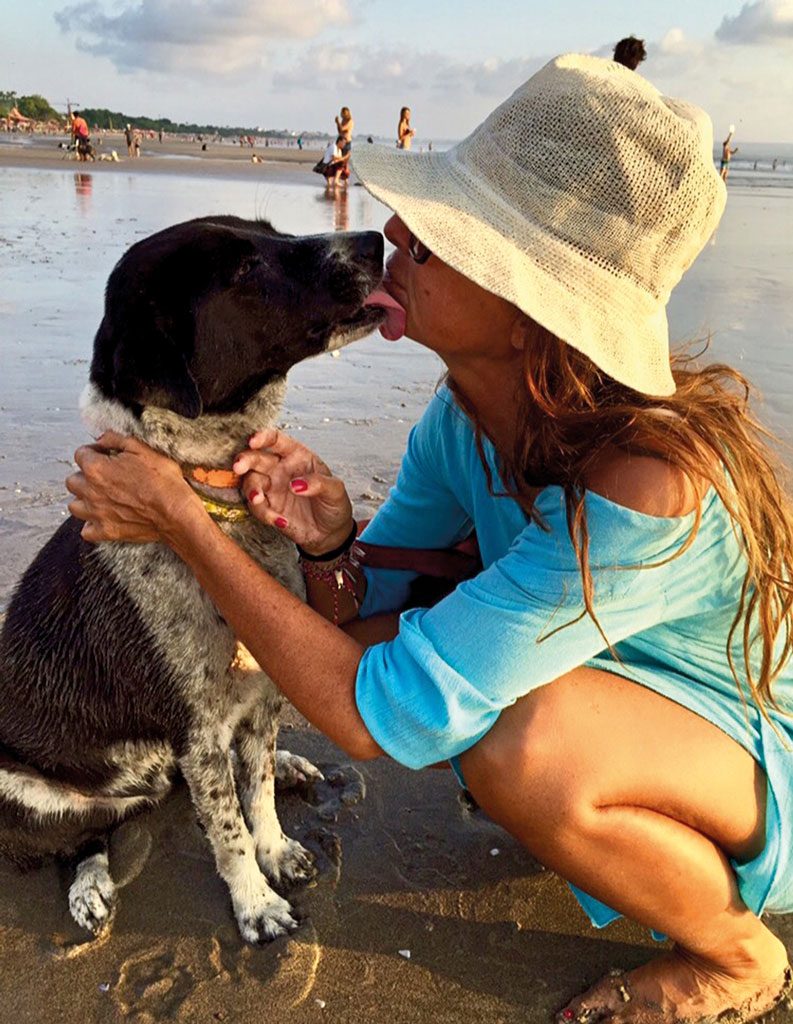
Efforts have been made to eradicate and to solve this problem. Potential community-driven interventions for optimising rabies control such as vaccination took place. In 2015, sadly some provincial government resolved to dog culling. Culling is controlling the population size of animals by killing them with the main goal of lessening the number of stray dogs. But, is this the right thing to do?
This act triggered outrage from animal welfare groups and international experts. They argued that merciless dog culling is not only vicious but it is also not the right answer for rabies prevention. Surveys revealed that the number of dogs had dropped immensely to approximately 150,000. Dog-meat trade together with culling and natural reasons of death presented a big problem to the Bali dogs’ existence.
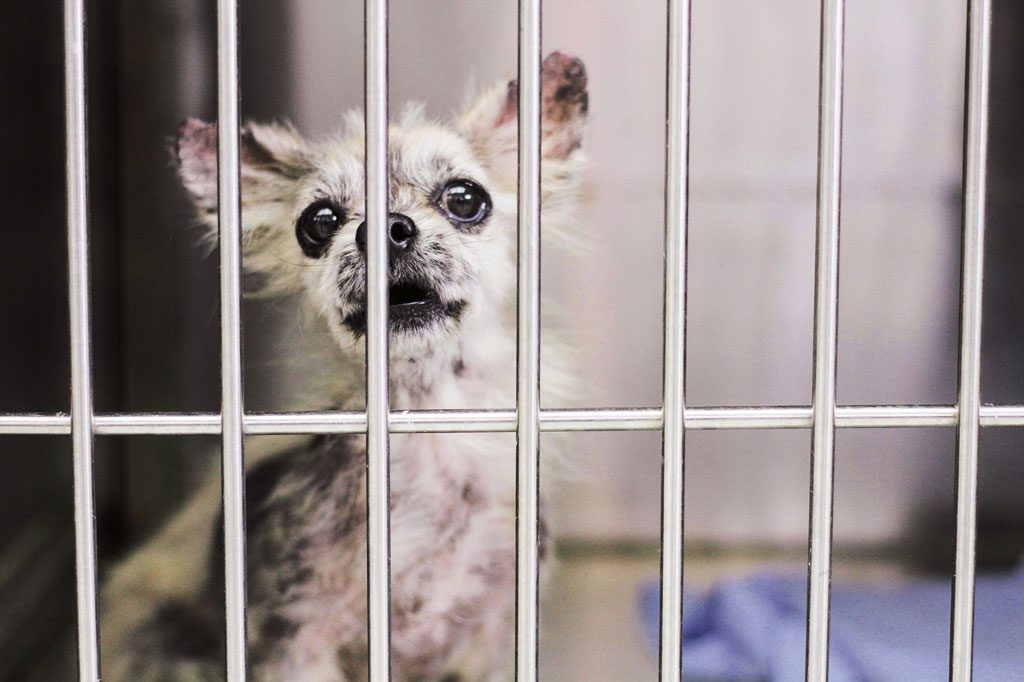
Contrary to what is already known, Bali dogs are highly intelligent animals. They are also capable of learning appropriate behaviours and interactions with humans. They make wonderful pets because, like other breeds, they are loyal and loving. They just need to learn to trust humans and, like any dog, they need to be treated with respect and affection. These fur balls’ lives are endangered because of unwise human decisions. Dog culling is definitely NOT the answer. Vaccination and adopting these pups are more effective and humane ways in solving this menace.
Now, the question is: “Are we turning a blind eye on this?”
A group of individuals certainly didn’t turn a blind-eye on this. Lucky Dog Rescue is one of a non-profit dog rescue foundations dedicated in protecting the neglected and forsaken dogs. Claudia Mingardo started this project because she noticed that Bali dogs were treated even more horribly than they are treated at this time. In years past, one would often find the bodies of dead dogs when walking on the beach. These dogs had been poisoned or set afire or tortured for ‘fun’ with their legs wired together and other heinous acts done to them. The hundreds of dogs that roamed the beach and streets were unfed and not given clean water, and most suffered from life threatening skin conditions.
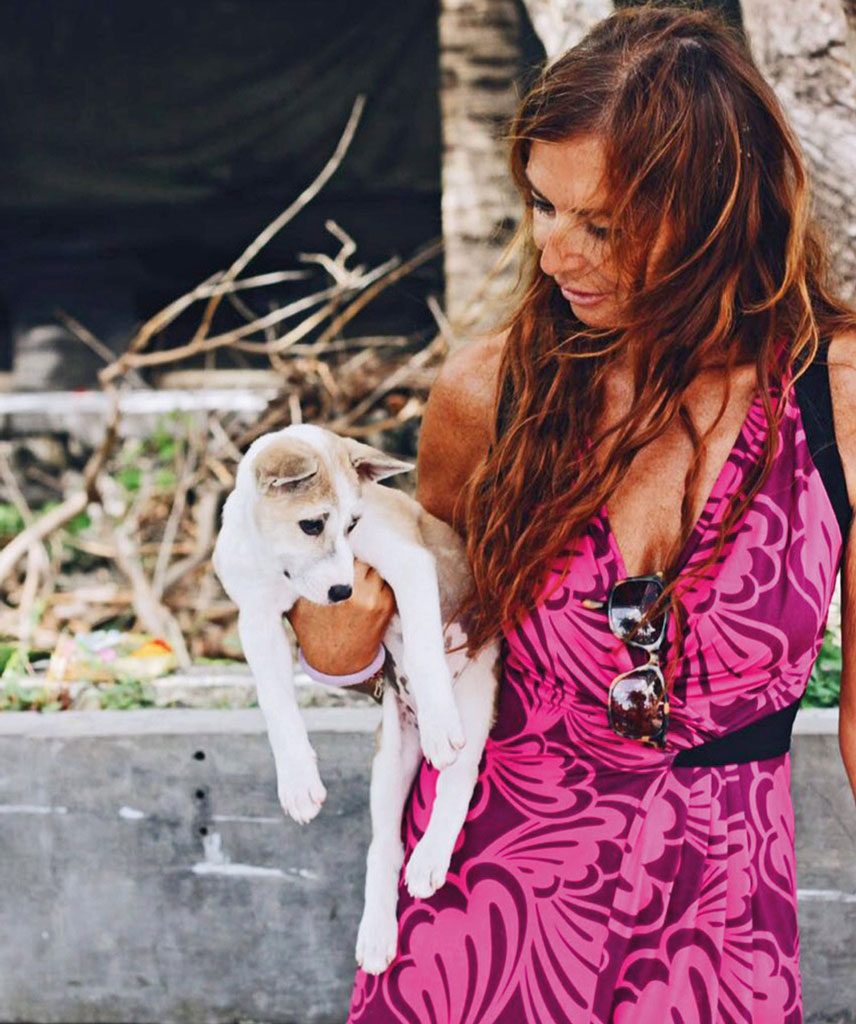
Impossible for Claudia to ignore such cruelty and injustice, so she began to make action by feeding these dogs and administering to their injuries and appalling skin conditions, as well as having them sterilised. As time went by, her compassion for these forsaken animals became a passion that replenished her heart and spirit. It is a pure joy!
Up to this day, Claudia houses 15 dogs while at the same time feeds and oversees the needs of an additional 75 more dogs who live on the streets, which all of them are neutered. She spends almost 12 hours each day – seven days a week – caring for these 75 or more feral dogs and feeding them twice daily. She also spends several hours each day at various veterinary clinics, including their own clinic, Central Veterinary Clinic, overseeing whatever health care is necessary to help these beautiful and innocent animals who are apparently traumatised and fearful of humans.
Funded by herself and the donations of a few like-minded animal lovers, Claudia believes that Lucky Dog Rescue foundation will continue to evolve step by step, dog by dog. As a firm believer that ‘good intentions yields good results’, she will keep on administering to dogs in need and to expand its rescue services, including sending them to worthy fur parents by means of an adoption programme. At this time, Lucky Dog Rescue has 2 part-time paid staff who prepare the large quantity of food required to feed 90 dogs twice each day, as well as to walk and clean the dogs.
Bali is a transient island with a care-free attitude, so dependability is one of the biggest challenges. People have good intentions, but good intentions without follow-through does not feed or care for the many dogs that require being fed and cared for every day without fail. This is where Lucky Dog Rescue come in the picture. Let them bring a new chapter to that dog’s tale of hope. We can simply start by treating all dogs with respect and kindness, or providing them healthy food and fresh water. Alternatively, signing up as a volunteer is also an option. Spare an hour or two of your time to assist in any way possible; to feed or walk the dogs.
As Mother Teresa said, “You may not be able to help all dogs, but you are able to help one dog.” Every bit of their action is valuable. If they can not help them, then who will? After all, we are their only best friends.
Lucky Dog Rescue
T : +62 878 60917900
W : www.luckydogrescuebali.com




